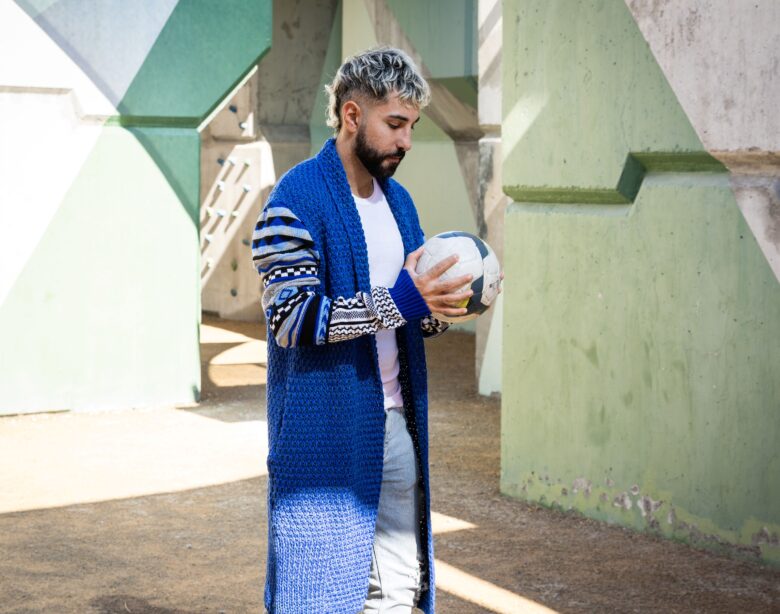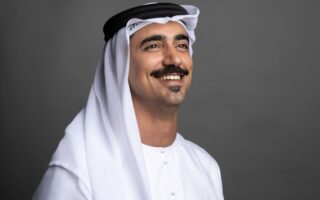Former pro player creates Khor Fakkan’s thriving football academy
Australian-born Sebastian Delfi, 32, has had an interesting career from being signed to a European football team at a young age to becoming the face of UAE youth football and establishing Al Khaleej Football Academy, home to over 100 Emirati students. It is the only local Emirati academy that regularly travels to Dubai for competitions.
“We’ve achieved significant milestones, including partnering with major brands like Noon, Namshi, and Umbro Middle East and North Africa, bringing their presence to Khor Fakkan. Considering our town has a population of just 20,000, this is a major accomplishment for football here,” said Delfi.
Finding a home in the UAE
Football is the number one sport in the UAE, unlike in Delfi’s home country, Australia, where it ranks fourth or fifth after cricket, rugby, and Australian football.
He noted, “Growing up in Australia, football wasn’t as prominent, but my Middle Eastern heritage makes this move feel like returning to my roots. In the UAE, I see incredible passion for football among young players. However, what they often lack is the right guidance and mentorship. I was fortunate to have amazing coaches and mentors throughout my career, which helped me transition from youth football to playing professionally in Europe at just 18. That’s the foundation I want to bring here—a modern, well-rounded approach to developing young talent.”
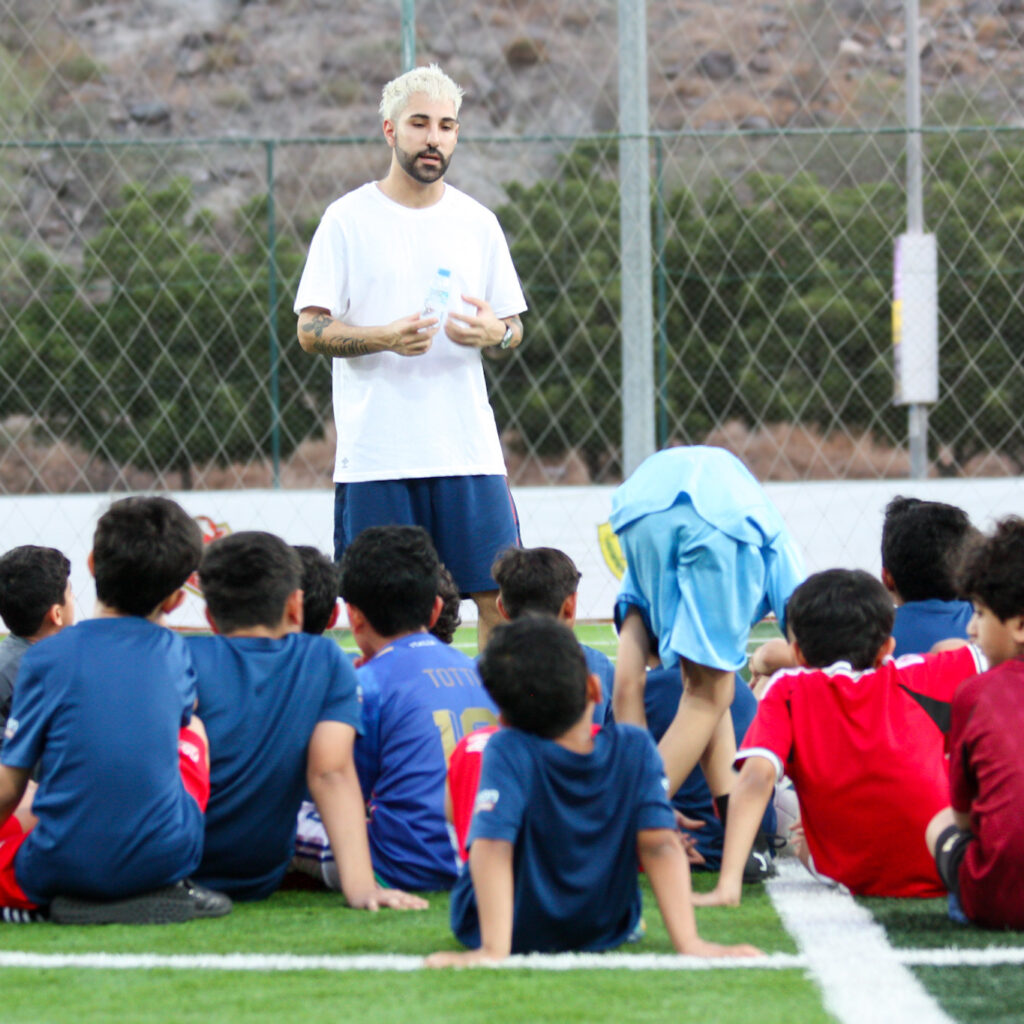
After being one of the youngest Australians to sign with FC Bayern Munich, he was scouted by clubs like Barcelona and Real Madrid at just 15 years old. After finishing high school at 18, he played in Serbia for two to three years before moving to Los Angeles to continue his career.
The reality is, opportunities to turn professional are limited here compared to Europe or even Australia. Many players in the UAE reach their late teens or early twenties and face a tough transition to the first team, often with little support if they don’t make the cut.
He has seen this happen firsthand to friends back home. Players who once dreamed of professional careers ended up in unrelated professions because there wasn’t a system in place to help them transition.
“That’s why I established Al Khaleej Football Academy, which is now home to over 100 students. My goal is to provide a platform where young players not only develop their skills but also learn to find their ‘why.” Recently, I asked my students why they want to become professional footballers. While everyone raised their hands to say they wanted it, they hesitated when I asked why. This question is crucial,” he added.
At 12 years old, Delfi’s motivation wasn’t just to play football—it was to enable his father to stop working and to buy a house for his grandmother. That deep, personal reason gave him the drive to give 120 per cent at every training session, whether it was in an academy, the Premier League, or Europe. This is the intrinsic motivation that he wants his students to discover.
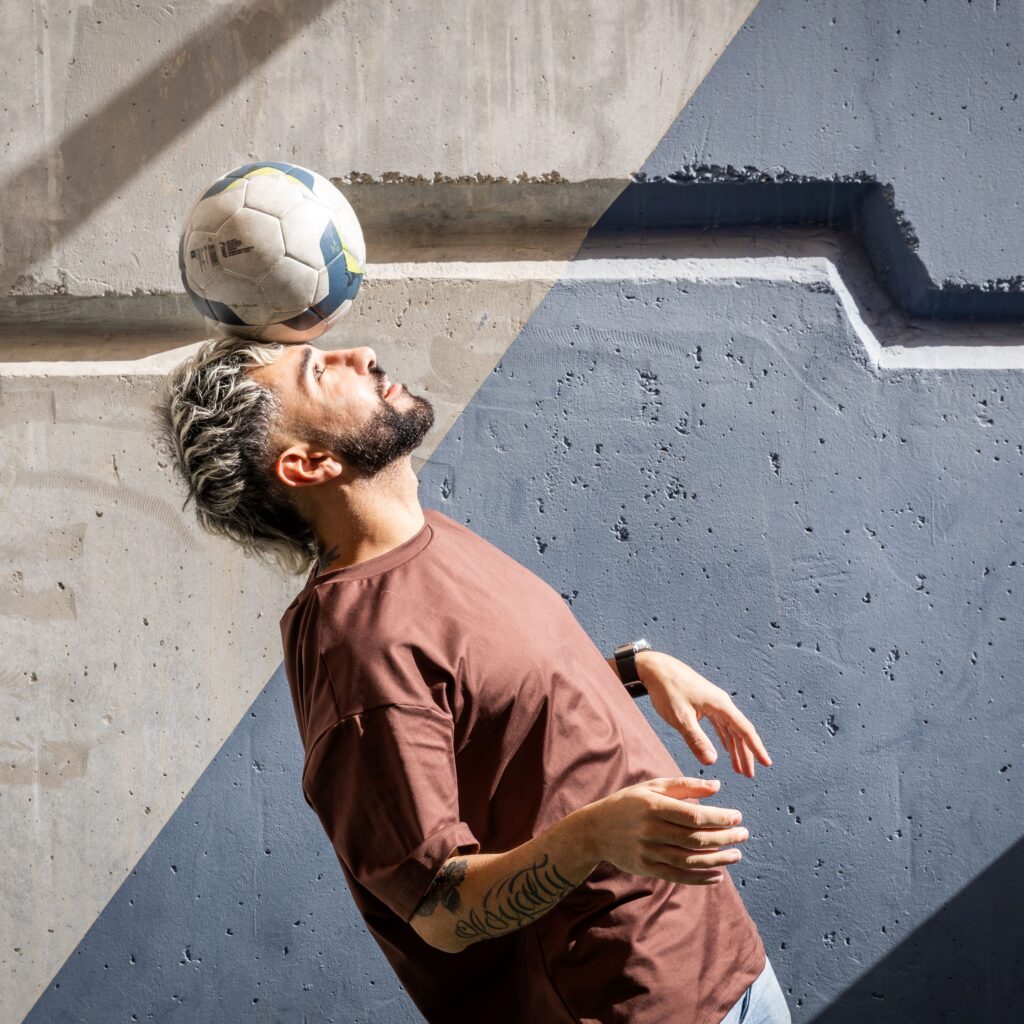
“Time flies, and I want these boys to make the most of their opportunities now. My mission is to help them build not just their skills, but also their mindset, preparing them for success both on and off the field,” he said, adding, “Today, my focus is on shaping the future of youth football. My mission is to create opportunities and pathways for young footballers, not just in the UAE but beyond. By building this academy, I’m attracting players of all ages and levels, helping them achieve their dreams in football.”
Delfi started with under-18 players at a professional level. As the training progressed, people noticed their improvements. Word quickly spread, and soon younger kids started joining. Since Khor Fakkan is a small town with a population of around 20,000—not like Dubai with its millions of residents—word of mouth travels fast.
Delfi noted, “If you do a good job, people talk about it. If you don’t, well, that gets around just as quickly. At the end of the day, the kids and their parents know if the academy is making a difference. The growth we’ve experienced is thanks to God and the trust we’ve built through genuine effort and results.”
Brand partnerships
Delfi’s first collaboration came with Umbro Middle East & North Africa. The brand noticed what what the academy was doing in Khor Fakkan and reached out when the potential and hard work behind the academy was clear.
“For example, I train boys who’ve never played a proper football match before, some who didn’t even know basic requirements like wearing shin pads. I took three teams every Sunday to Dubai to compete in the YFL, one of the region’s biggest football leagues, where they face high-level academies. Seeing their progress and the level we were competing at attracted other brands like Noon and Namshi. They approached us, impressed by the work we’re doing, and now we have a one-year partnership with them,” said Delfi.
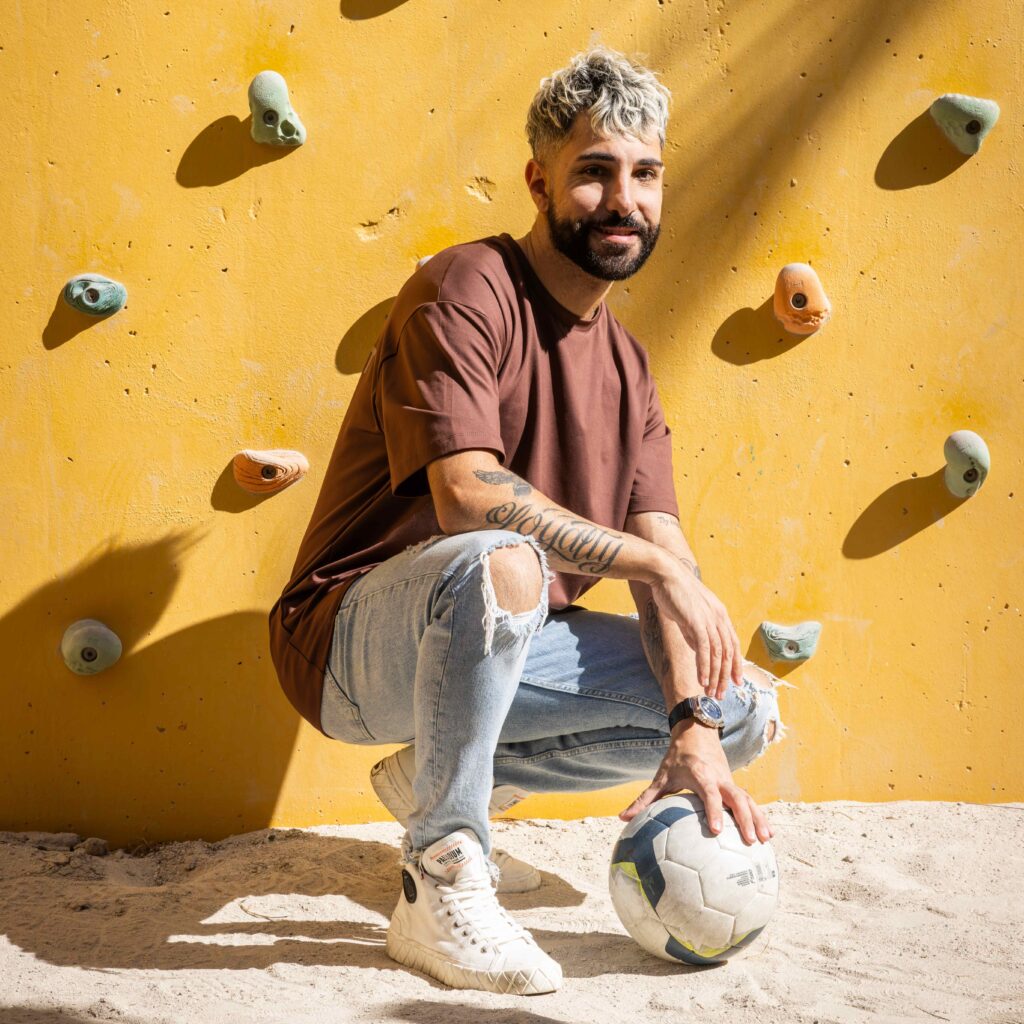
Beyond partnerships, the academy has also been raising Khor Fakkan’s profile. This isn’t just about football; it’s about the entire community. The city, primarily home to Emiratis, is now attracting boys from South America, Europe, and other parts of the world to train there.
“I emphasise to the boys that they should treat each other like brothers because football is a unifying language. When I played in Europe, I experienced how the game brings people together, no matter where they’re from,” he said. “Ultimately, I want to give these boys a future, make them happy, and show them what’s possible. I’m grateful to God for the positive feedback from parents and companies who see the results we’re achieving—both on social media and on the field.”
Advice for newcomers
Delfi is very clear on the vision he has for the academy and the outcomes he hopes to achieve with each student. That includes having clear rules and guidelines for his players:
- Focus and purpose: Before stepping onto the pitch, leave everything else—school, games, or distractions—off the field. When they train, they have to remind themselves why they’re there and give it their all. After training, they can go back to talking about school etc, but during training, their focus should be 100 per cent.
- Respect their coach and teammates: Respect is crucial. They have to listen to their coach because he’s the one with the experience. The more they respect and learn from him, the more they’ll get out of their time at the academy.
- Hard work beats talent: Talent alone isn’t enough. They need to give 110 per cent effort every day. Their parents bring them here for a reason, and whether or not they become a professional footballer, the discipline and work ethic they learn can be applied to anything in life.
“Football, like any team sport, has a structure similar to an army. There’s a leader, like a general or coach, and the players are like troops. The discipline and mindset you develop in football can be applied to other areas of your life, whether it’s in sports or something completely different,” said Delfi.
Looking ahead
Delfi has exciting projects in the works for the 25/26 season. Looking beyond that, whether it’s expanding the student base or extending to include female players, he’s open to all possibilities that align with his vision.

“My ultimate goal is to create one of the greatest football academies in the UAE. I’ve trained with some of the best academies, coaches, and teams, so I know what it takes to build something exceptional. God willing, I want this academy to be a platform for kids to transition to the next level of their football careers and beyond. That’s the vision I’m working toward every day,” he said.
Clothing:
Jacket: ANZ
T-shirt: The Giving Movement
Photos: Aasiya Jagadeesh

